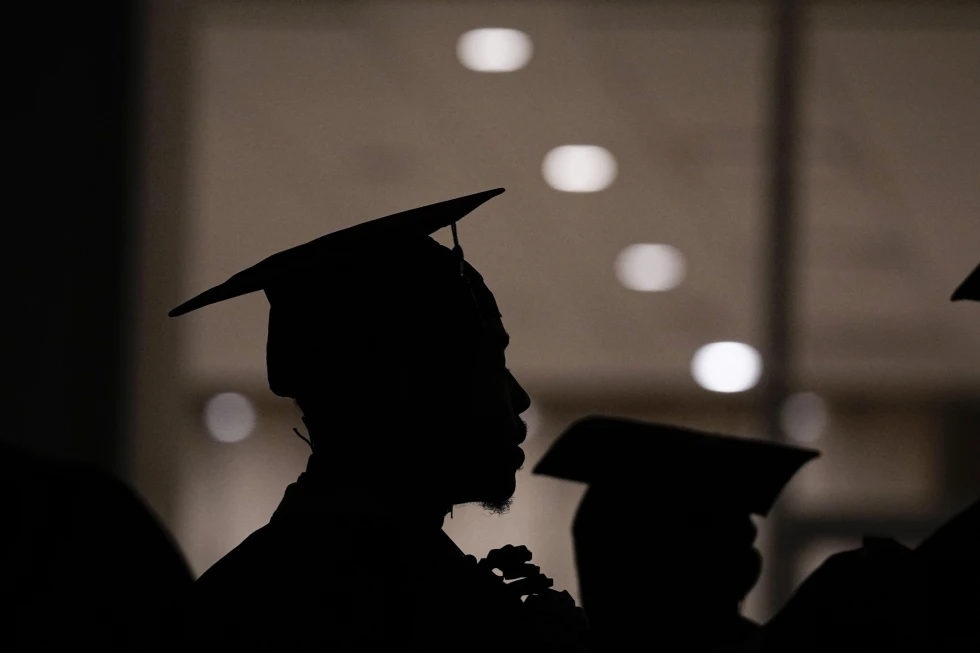Stacey Dash made comments last week causing many to cast her some major side-eye and consider revoking her “black card.” Last semester, I wrote a piece that angered LSU’s black community, so I felt I could relate to her sentiments better than most. I wanted to give her the benefit of the doubt and try to see through the instant backlash to understand the nuance in her feelings.
I took a critical look at both her original statement and response to the criticism on her personal blog, and concluded the following: Dash needs to sit in on an intro African and African American Studies class because she is woefully ignorant of American racial issues.
As a quick recap, last week she called to dissolve BET, Black History Month and the NAACP Image Awards.
She claimed these organizations perpetuate segregation by only celebrating the achievements of black nominees, and the black community would be up in arms if it were the other
way around.
Dash’s argument faltered on multiple levels, but her most egregious error was conflating niche programming with the abhorrent practice of segregation.
Channels that cater to certain demographics, such as the LGBT-centered LOGO, Telemundo for a primarily Latino audience and WEtv, which serves a primarily female demographic, are not segregating in any fashion. Smart executives run these channels and understand America is filled with citizens of different backgrounds.
Tailoring networks to reflect audiences is both fiscally
sensible and important.
For most of America’s history, the media only gave straight, white men full representation. By sheer numbers alone, straight, white males make up the
majority of this country, and the media will always give more weight to their point of view. They are the largest portion of the viewing audience, and they also man the station controls, make the programming decisions and own the production companies.
As America progressed, minority groups wanted representation, and ignoring them became impossible. Programs and channels complied by tailoring to their specific needs.
Diversity in the media is not attacking the majority culture, and we shut down intelligent conversation when discussions on how to better represent all lifestyles in media are castigated as “race-baiting.”
Calling niche programming segregation cheapens the word and almost makes casual something that at one time was the primary reason Rosa Parks sat, Martin Luther King, Jr. marched and unnamed thousands had dogs unleashed on them.
As I walk through the Quad and act as a voice for the student body, it never escapes me how open hostility, intolerance and violence would have been my only experience on this campus not so long ago.
Thankfully, those days have passed, and positive institutional change has occurred on this campus.
For instance, the Black Faculty and Staff Caucus Awards is an annual program put on in the spring, which publicly recognizes full-time black students who achieved a 3.0 or better GPA. Extrapolating Dash’s argument, this program should be shut down because it “segregates.”
To compensate for this nation’s long, rickety road to racial harmony, organizations like this are necessary because they are sometimes the only way minorities will be noticed for their achievements.
People naturally are attuned to the concerns of those who look like them. This is called implicit or unconscious bias. Therefore, white administrators may only see the value in those who look like them.
This is often the case, and African-Americans must control spaces where they are allowed to exalt their own, as well. This does not perpetuate racism, nor is it entrenching prejudice. Instead, it accounts for basic
human behavior and puts a system to check said behavior in place.
We should applaud LSU for acting in a proactive role and allowing inclusive organizations on campus to flourish as they address diversity issues.
Stacey Dash is entitled to her opinions, and I am glad she feels the freedom to buck the trend and critique the black community. However, by taking on this role, she should know that not only will her premise be challenged vehemently, but so too will her intelligence because her understanding of racial issues in America is overwhelmingly lacking.
Garrett Hines is a 21-year-old political science senior from Monroe, Louisiana. You can reach him on Twitter @GarrettH_TDR.
Opinion: Stacey Dash doesn’t understand segregation
January 24, 2016

FILE – In this Dec. 15, 2014 file photo, Stacey Dash attends the “American Sniper” premiere in New York. Dash wrote on her website that BET lies to its viewers and promotes segregation. The dispute stemmed from Dash’s “Fox & Friends” interview on Wednesday, Jan. 20, 2016, when she was asked about the lack of black nominees for Academy Awards.The former “Clueless” star said that people need to make up their minds between segregation and integration, “and if we don’t want segregation, then we need to get rid of channels like BET and the BET Awards and the (NAACP) Image Awards, where you’re only rewarded if you’re black.” (Photo by Charles Sykes/Invision/AP, File)
More to Discover















